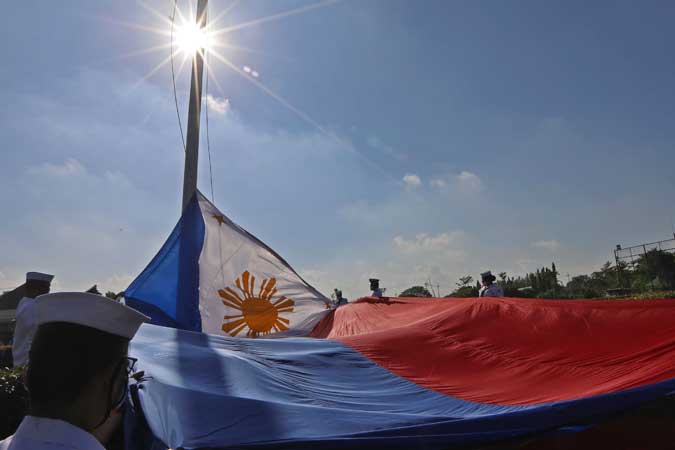
By Marissa Mae M. Ramos, Researcher
THE PHILIPPINES scored higher in the Open Data Inventory (ODIN) assessment of nonprofit organization Open Data Watch, which tracks coverage and openness of official country statistics.
The country scored 73 out of 100 in the ODIN 2020, placing 18th out of 187 countries. In its previous iteration in 2018, the Philippines scored 58 out of 100 while ranking 41st out of 178 countries.
Out of 11 Southeast Asian economies, the country ranked second to Singapore this year, which scored 91 out of 100 and ranked first globally.
Scores of each country are obtained from a combination of scores on data coverage and openness. Data coverage refers to indicator availability, disaggregation, and frequency of observations, while data openness refers to the format and licensing of datasets, comprehensiveness of metadata, and download options of data available.
In terms of data openness, the Philippines scored 81 out of 100 to rank 17th globally and second regionally. The country fulfilled all of ODIN’s criteria under category Terms of Use which looks at whether data are made available under an open license that allows users to reuse, share and adapt data for commercial and non-commercial use.
It also scored high in categories such as: Non-proprietary, which looks at the availability of data in formats that do not require costly software to access, and Machine-readability, gaining a score of 98, and 97, respectively.
Moreover, the Philippines scored 63 out of 100 in the data coverage indicator to rank 25th globally and second regionally. Under this indicator, it scored highest in category Indicators and Disaggregation with 88, while it scored lowest on category Second Administrative Level with 17, which looks at the availability of data on further divisions.
Among data categories, economic statistics in the country had the highest overall score of 81 (out of 100) after achieving a score of 79 in data coverage and 83 in data openness. Economic statistics include the national accounts, labor, price indices, international trade, and balance of payment data.
The Philippines scored 73 in environment statistics, which include data on agriculture and land use, resource use, energy, pollution, and built environment.
Meanwhile, it scored lowest in social statistics at 65, which looks at population and vital statistics, education and health facilities and outcomes, gender statistics, and poverty and income among others.
